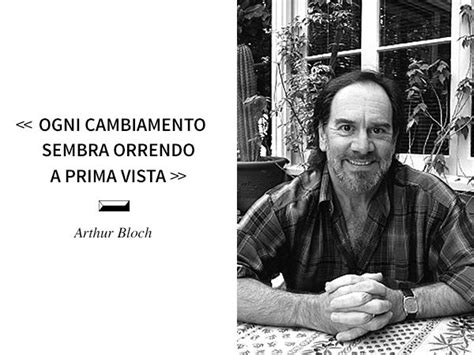A Quote by Kevin Jorgeson
I'm practical, very data-driven and process-oriented. I'm very objective and analytical about everything. Ninety-five percent of situations on the wall are not that dangerous. Most people look at the climb and think, 'that's crazy.' But when you know the intricacies of your gear, the belay situation and the forces involved, it's pretty safe.
Related Quotes
It's my special magical power. I can read your mind when you're thinking dirty thoughts." "So, ninety-five percent of the time." She craned her head back to look up at him. "Ninety-five percent? What's the other five percent?" "Oh, you know, the usual--demons I might kill, runes I need to learn, people who've annoyed me recently, people who've annoyed me not so recently, ducks." "Ducks?
There's a side of fashion that's very analytical and data-oriented and methodical, but there's also a side of it that's just like magic. You can't quite put your finger on it, and you can't quite describe or prescribe a formula for how to get that magic exactly, but when you feel it and when you see it,you know that's what it is. It's magic.
What I learned from my work as a physician is that even with the most complicated patients, the most complicated problems, you've got to look hard to find every piece of data and evidence that you can to improve your decision-making. Medicine has taught me to be very much evidence-based and data-driven in making decisions.
The most encouraging sign is that 71 percent of the public believe the system is profoundly corrupted by the power of money. Ninety-six percent of the people believe it's "important" that we reduce the influence of money. Yet 91 percent think it's "not likely" that its influence will be lessened. Think about that: People know what's right to do yet don't think it can or will be done.
You have to look at your blessings, don't you? With Thrones, I have to realize that, whatever happens, and for all the stress and the pressure that goes with it, it's been an extraordinary journey and I know I'll look back later in my life and think, 'That was crazy, that was amazing.' It's something that very, very few people experience, and I love that.





































